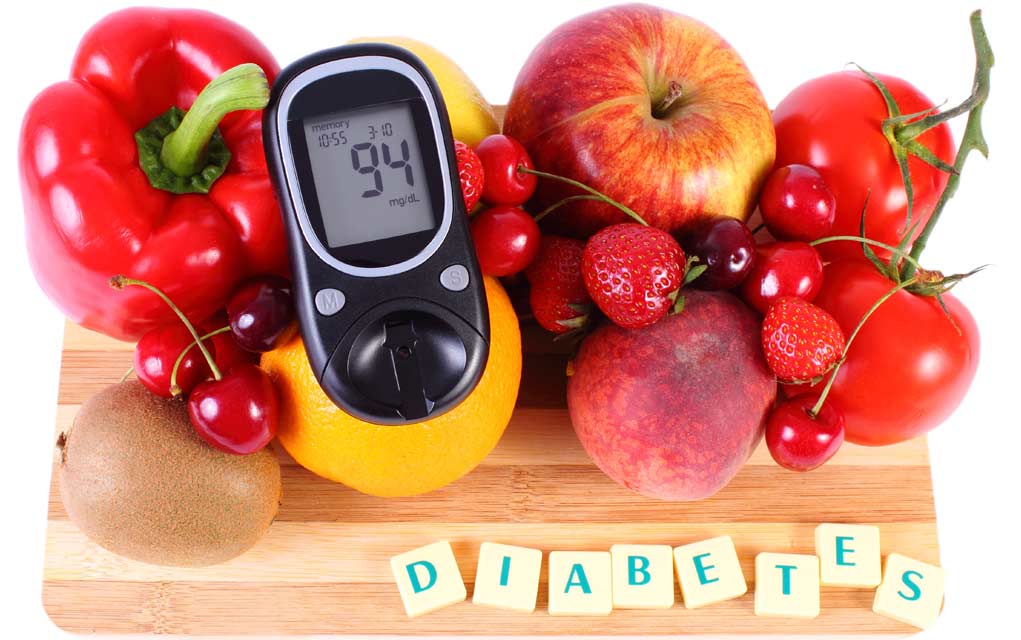
Earliest Warning Signs of Diabetes
(WellnessPursuits.com) – There are 2 Types of diabetes. Type 1 and Type 2. Type 1 used to be known as Juvenile Diabetes and was diagnosed in childhood. Type 2 on the other hand used to occur in adults over 40.
Apparently, the rules have changed. Type 2 is showing up in children as well, and some adults are developing Type 1. So what’s the difference between the two types?
Type 1:
According to Andjela Drincic, MD, an associate professor of medicine in diabetes and endocrinology at the Nebraska Medical Center in Omaha, “Type 1 diabetes is an autoimmune disease — the body’s immune system attacks the cells in the pancreas that make insulin. The exact cause is not known, but it is probably a combination of the genes a person is born with and something in the environment that triggers the genes to become active.”
>> Your body completely stops producing any insulin at all.
Type 2:
Dr. Drincic goes on to say this about Type 2: “The cause of type 2 diabetes is multifactorial,” says Dr. Drincic. “People inherit genes that make them susceptible to type 2, but lifestyle factors like obesity and inactivity are also important. In type 2 diabetes, at least in the early stages, there is enough insulin, but the body becomes resistant to it. Risk factors for type 2 diabetes include a family history of the disease, a poor diet, a sedentary lifestyle, obesity, and being a certain ethnicity.”
>> Your body continues to make some insulin but it’s either not enough, or you become resistant to it and it no longer manages your blood sugar levels.
What are the Earliest Warning Signs that you have, or are developing either type of diabetes?:
- Needing to urinate frequently
- Increased appetite
- Increased thirst
- Unexplained weight loss
- Dry mouth
- Red, swollen gums
- Itchy skin
- Unexplained tiredness
- Tingling in hands or feet
- Erectile dysfunction in men
- Sores that are slow to heal
- Increased infections
- Increased yeast infections
- Blurred vision
So what does having diabetes do to the body?
- Causes blood vessel and nerve damage
- Doubles the risk of heart attack or heart disease
- Increase of high blood pressure
- Increased possibility of stroke
- Increased food infections
- Leads to kidney disease
- Contributes to decline in brain function
The ravages to your body when dealing with diabetes are severe and life threatening if left untreated. Out of the 14 symptoms above, if you have any of the first 4 or any of the others in combination, you must contact your doctor.
Simple blood tests can determine if you do or do not have the disease. Your doctor will guide your treatment and with continued monitoring and compliance, you have the very best chance to live a long and healthy life.
Here’s to your Healthy Pursuits!
Copyright 2024 – WellnessPursuits.com
















